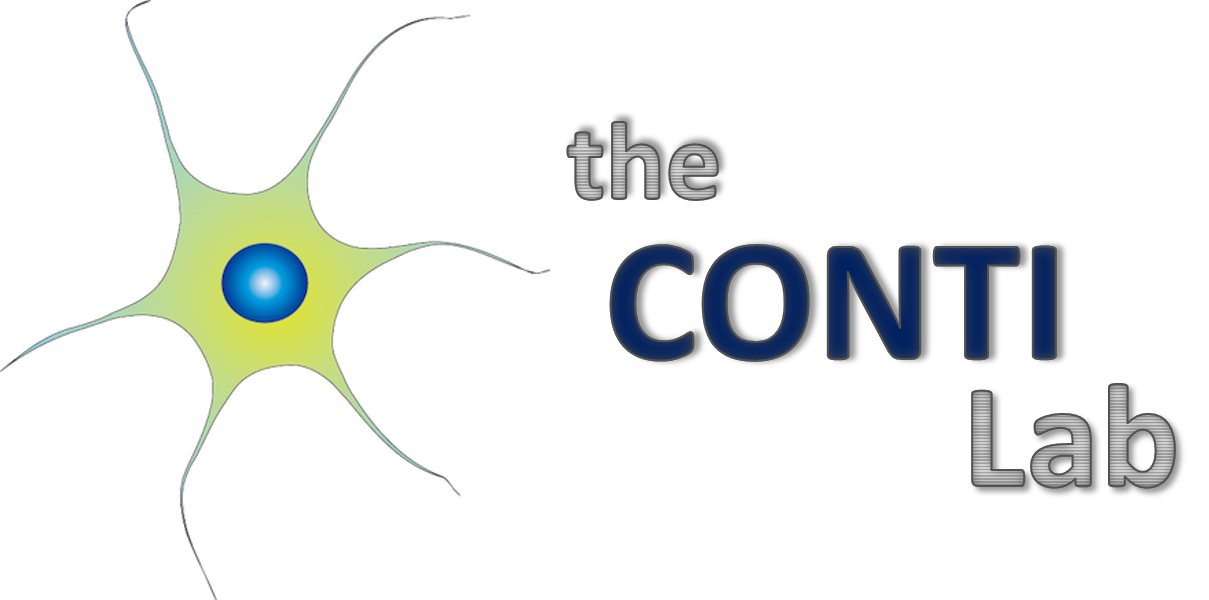Parkinson’s disease (PD), the second most common neurodegenerative disorder, affects 1% of the population over the age of 60. In the US alone, 1 PD case is diagnosed every 10 minutes. PD is characterized by the progressive loss of neuronal brain cells that regulate movement, causing tremors, slowness of movement, rigidity and postural instability. Treatment of PD is limited to symptom management because currently there is no therapy to address underlying neurodegeneration. A clear understanding of why and how these neurons die remains a major obstacle to developing treatment. Since inflammatory processes can contribute to neuronal loss, we are investigating the mechanism by which neuroinflammation contributes to PD. Our goal is to identify targets for developing a specific pharmacological approach to prevent, stop or reduce the neuronal loss that causes PD.
Learn more: In the News/Publications

